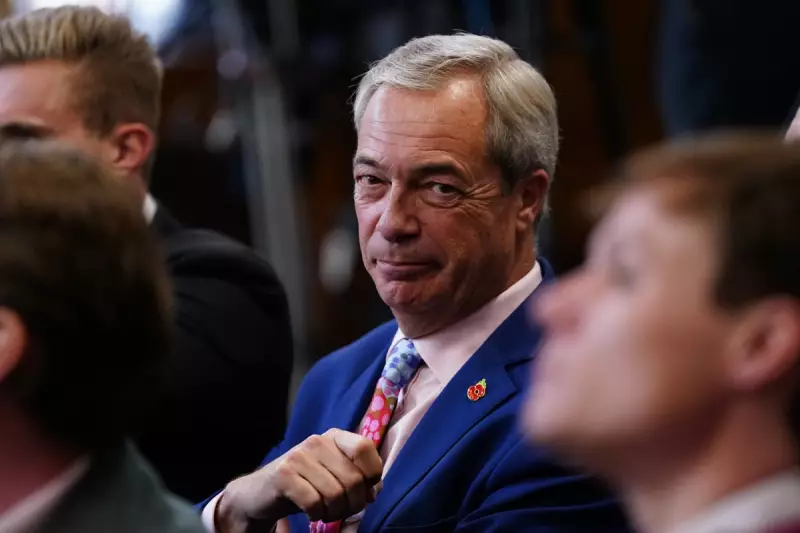
Work and Pensions Secretary Mel Stride has launched a blistering attack on Nigel Farage's Reform UK, accusing the party of deliberately targeting London constituencies to undermine Conservative election chances.
In a dramatic escalation of political tensions, Stride claimed that Reform UK is strategically focusing its efforts on the capital with the specific intention of damaging Tory prospects in crucial battleground areas. The allegations come as the Conservative Party faces mounting pressure from both left and right flanks.
Strategic Targeting Allegations
Speaking to journalists, Stride didn't mince words when describing what he perceives as Reform UK's calculated approach. "They are deliberately focusing on some of those seats in London," he stated, suggesting a coordinated effort to split the right-wing vote in key constituencies.
The accusations highlight the growing concern within Conservative ranks about Farage's influence and the potential impact of Reform UK on the upcoming general election. With London representing numerous marginal seats, even small vote shifts could prove decisive.
Farage's Political Resurgence
Nigel Farage's return to frontline politics has sent shockwaves through the UK political landscape. The veteran campaigner and former UKIP leader has historically demonstrated an ability to reshape political debates and influence election outcomes.
Reform UK, positioning itself to the right of the Conservatives on issues including immigration and Brexit implementation, has been gaining traction in recent polls. This has raised alarm bells among Tory strategists who fear a repeat of previous elections where similar parties drained Conservative support.
London's Electoral Significance
The capital represents a critical battlefield in the forthcoming election, with several constituencies that could swing either way. London's diverse electorate and complex political makeup make it particularly vulnerable to targeted campaigns from smaller parties.
Stride's comments reflect deeper anxieties within the Conservative Party about maintaining their foothold in London, where they've faced significant challenges in recent electoral cycles. The allegation that Reform UK is specifically concentrating resources there suggests both parties recognize the capital's strategic importance.
As the election campaign intensifies, these accusations underscore the increasingly fragmented nature of British politics and the potential for smaller parties to dramatically influence outcomes in tightly contested races.





